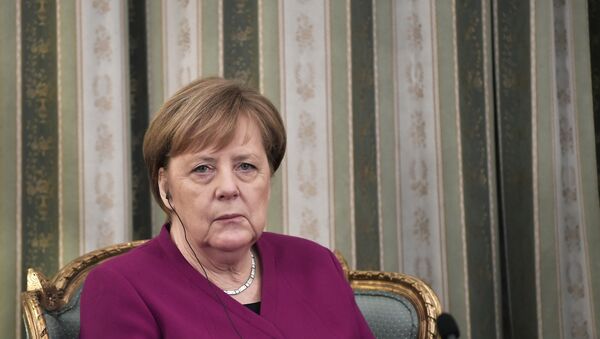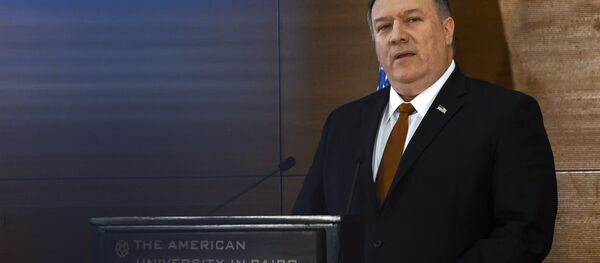"We have discussed this [INF] in the past weeks, including within NATO… We will do everything within this 180-day timeframe … to continue negotiations", Merkel told reporters in Berlin.
The Cold War-era treaty has been at the centre of Europe’s security. Washington said it was suspending participation in the deal and would pull out in 180 days if Russia fails to meet its demands, while the latter denied committing any breaches.
US President Donald Trump said last year he wanted the treaty to be extended to China, which has become a military power to be reckoned with since the INF was signed in 1987.
Konstantin Kosachev, chairman of the Foreign Affairs Committee at Russia’s upper house of parliament, accused the United States of having taken the decision to quit long ago.
Under the treaty, the sides pledged not to manufacture, test or deploy medium-range (1,000-5,500 kilometres, or 620-3,420 miles) and shorter-range (500-1,000 kilometres) ballistic missiles and ground-launched cruise missiles. They also pledged to destroy all launchers and ground-based missiles with a range of 500-5,500 kilometres.




